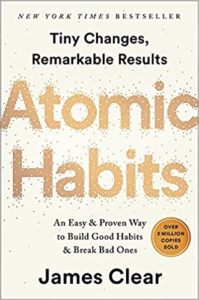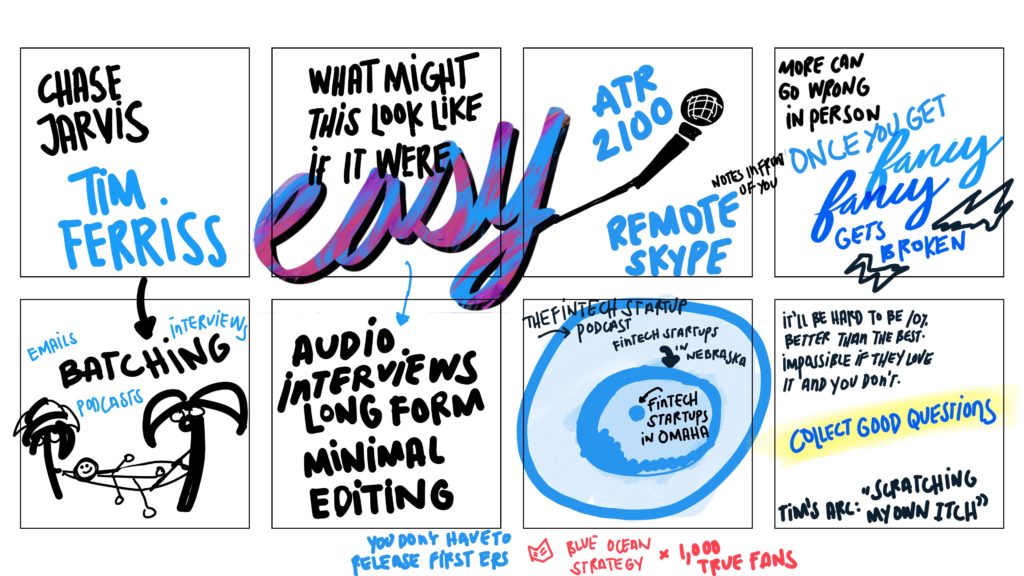I joined Seth Godin’s The Podcast Fellowship and learned about the idea of “thrashing around”. There are other phrases for just getting started (bias to action, Just Do It), but thrashing really captures the idea that you’re going to be bad when you start—and that’s okay.
Yesterday I was trying to make a list of the books I read this year. One that I enjoyed near the start of the year is The Achievement Habit by Bernard Roth. In it, he says that doing is everything:
The idea is not to be paralyzed in the face of uncertainty. If you do something and it works, great! If you do something and it fails, maybe even better. You do, you fail, and you learn. You do again, you fail again, and you learn some more. If you are mindful about what you have done, failure is a teacher. With a little luck, after enough failures you will succeed. In many cases this is a much better approach than a long, drawn-out investigation into the right way to proceed.
I over analyze things. I’ve done these drawn-out investigations. I still do them. Maybe a little bit of IF-THEN will help here.
- IF I notice I’m over analyzing how to create content, THEN I’ll open a up a new WordPress post
Start thrashing.
Turn the microphone on and start thrashing around.
Hit record on your camera and start thrashing around.
Start a new text file and start thrashing around.
Or in my case, it’s opening the WordPress app and thrashing around.
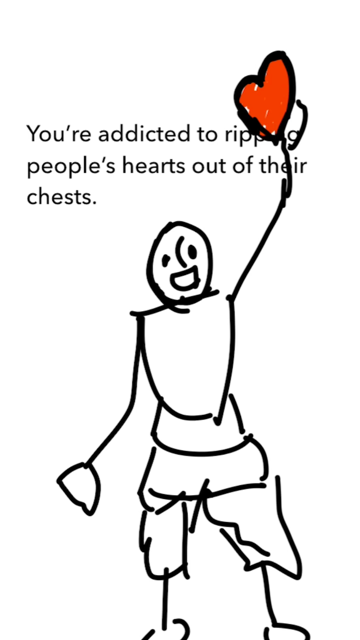
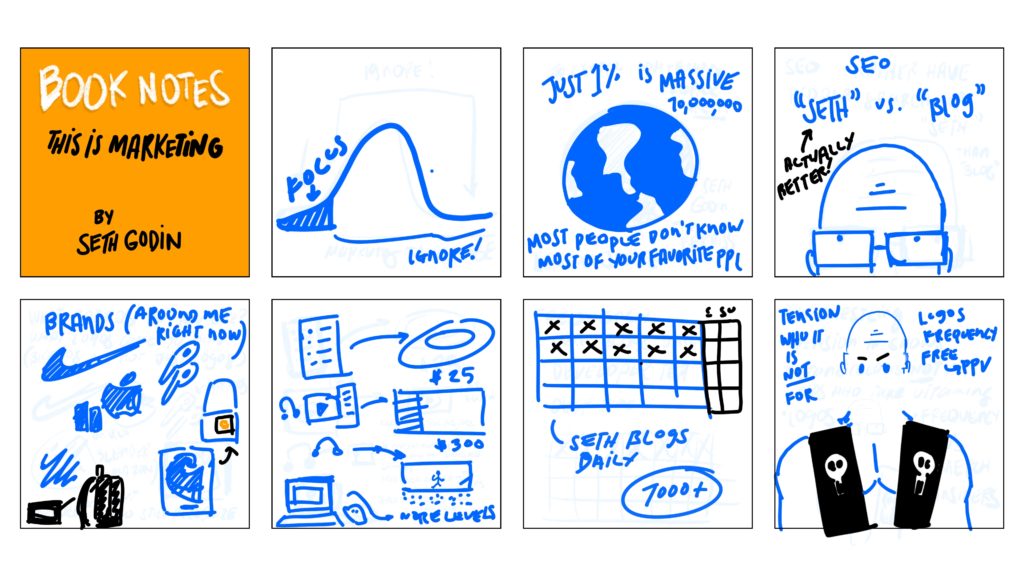
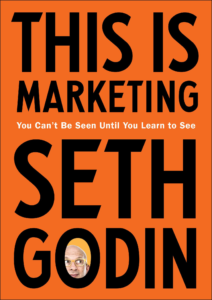

 I took my first physics class in college. Going over the syllabus, I learned about the bell curve for grading and standard deviation. It didn’t really matter because I bombed the exams and barely passed.
I took my first physics class in college. Going over the syllabus, I learned about the bell curve for grading and standard deviation. It didn’t really matter because I bombed the exams and barely passed.





